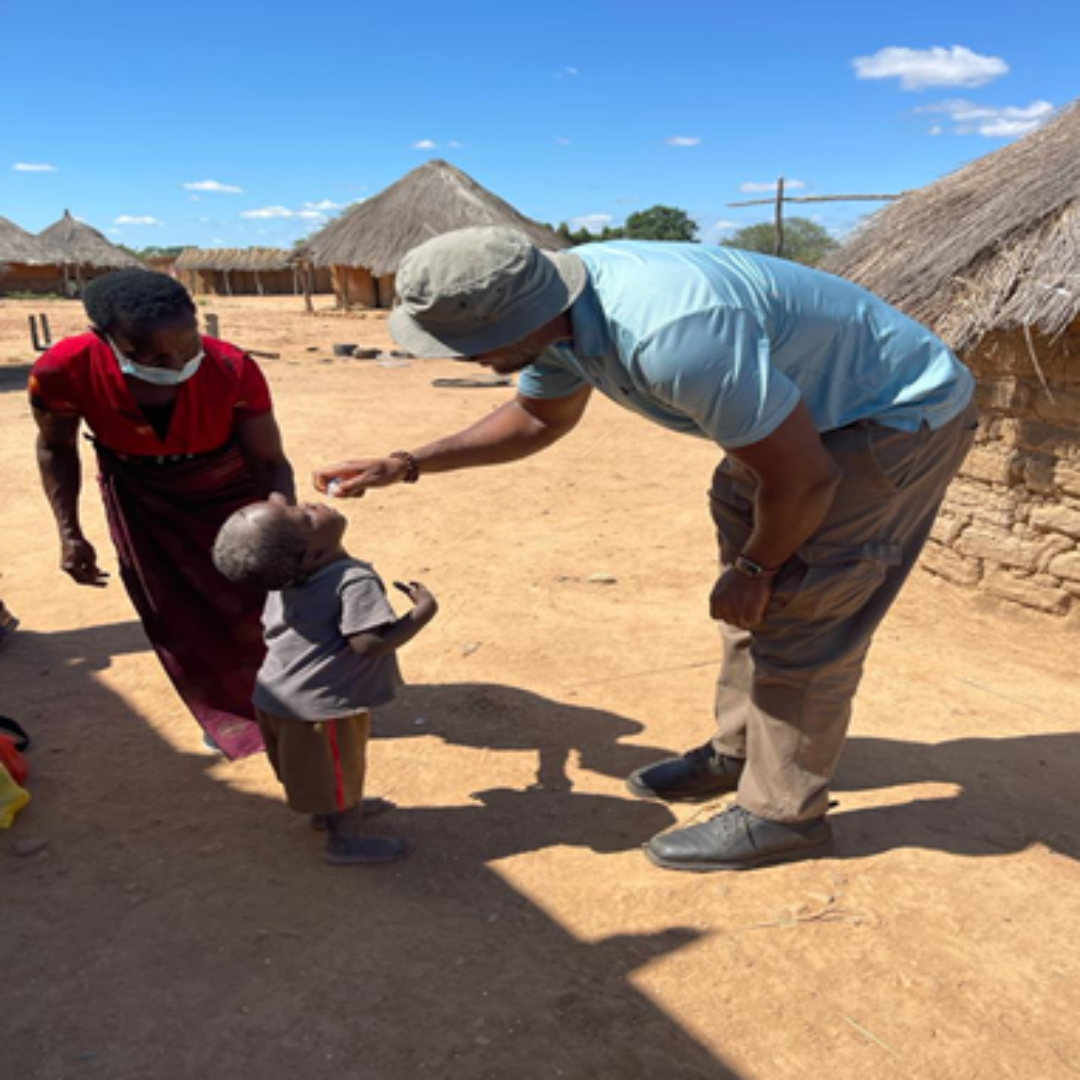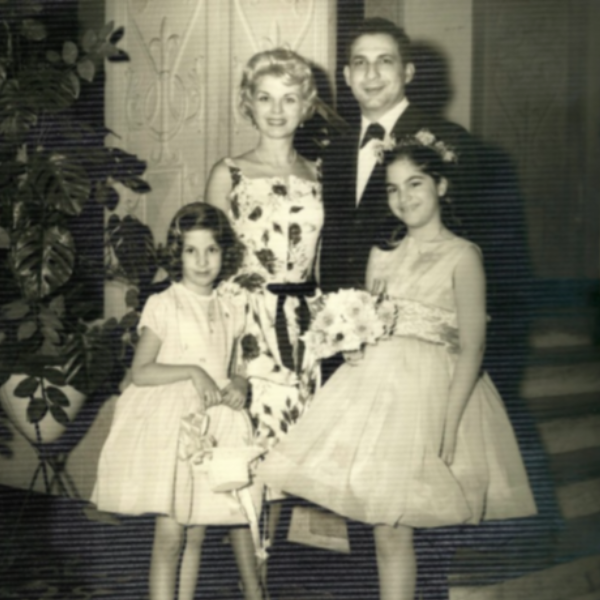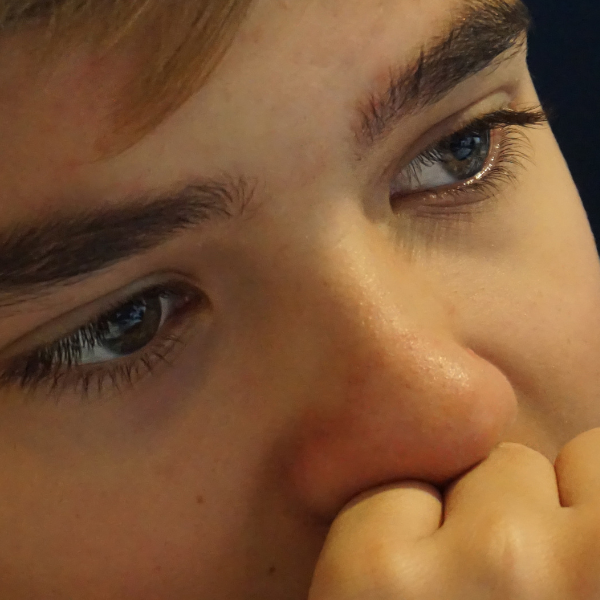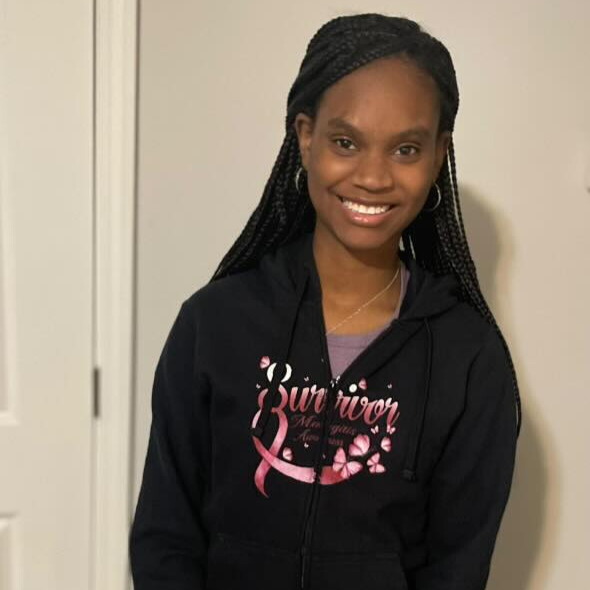by Dr. Victor Eboh
I’ve been working across Africa and parts of Asia to interrupt the spread of poliovirus outbreaks where we still have cases.
I help plan large-scale vaccination campaigns for children under five who are the most susceptible to polio and other preventable diseases.

The Persistent Threat of Polio in the Modern World
It’s a surprise to many people when they hear me say that, believing polio was eradicated a long time ago. But in Southeast Africa, we’ve been responding to the re-emergence of wild polio after nearly six years of no cases. The COVID-19 pandemic led to a decline in all vaccinations. There is so much conspiracy theory and misinformation out there that people became suspicious, even if they’ve vaccinated their children before.
I see this refusal also in the US. Compared to most parts of the developing world, where they don’t have as much access to information, you’d think Americans would be more resistant to misinformation. That’s not always the case.
I grew up in Nigeria before moving here, and I had classmates who had polio. I saw them come to school with paralyzed limbs, crawling or relying on crutches or specialized wheelchairs. As I grew older, I came across adults who had polio as a child, still struggling to make a living. I know how difficult it was for them to fall behind their peers and feel like a financial liability to their families.
When I started working in the polio eradication world, I found that polio presents a huge burden to society. Families go from one medical facility to another trying to get rehabilitative care and feeling guilty for not having done enough. You can’t really quantify the financial and emotional toll on someone’s whole life.
The Impact of Misinformation and Vaccine Hesitancy
This same disease ravaged the US in the 1940s and 1950s. People used to accept vaccination readily when it was endemic. Now when people don’t see these harms, they assume we don’t need the vaccine.
We also live in an environment where everyone has an opinion. We have freedom of expression and freedom of information. And in my work, we resolve to listen and say: “Nobody is going to force you to do this. It is your right.” But we should work more to educate people to control and to prevent disease. That’s what I stand for.
If the people who oppose all vaccines got what they wanted, it would be disastrous where I work. And since viruses don’t need visas or passports, globally, we are only as strong as our weakest link.
In the US, many millions of dollars are donated to anti-vaccine organizations each year. Let’s imagine that money goes instead to global health. A lot of the work we do is supposed to be done for free. We don’t ask people to pay or to show insurance. We just want to make sure that every child who deserves, who needs protection, gets it, regardless of their race, financial standing, or anything like that. There’s never enough funding, and we only make do with what we have.
Now if there’s an organization that is receiving donations to ensure that our work is not done, it says a lot about where the priorities lie. For the immediate needs of the people I work with and for the long-term future of their communities and the world, I hope people have a change of heart.
Dr. Victor Eboh is a senior epidemiologist at the Task Force for Global Health’s Polio Eradication Center. If you want to help make a difference, submit your own post by emailing us through our contact form. We depend on real people like you sharing experience to protect others from misinformation.



